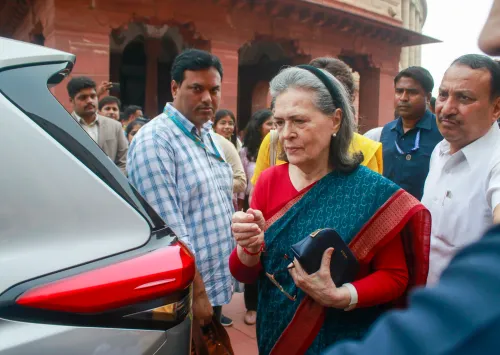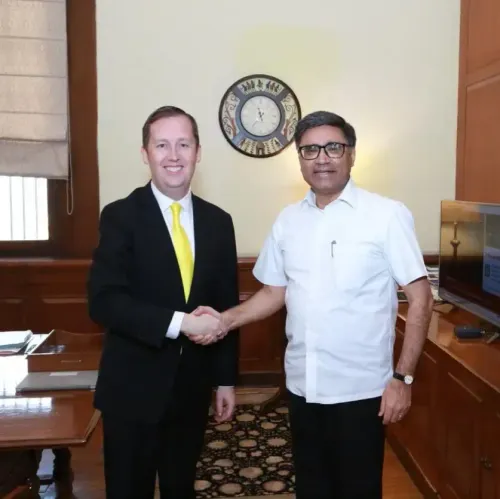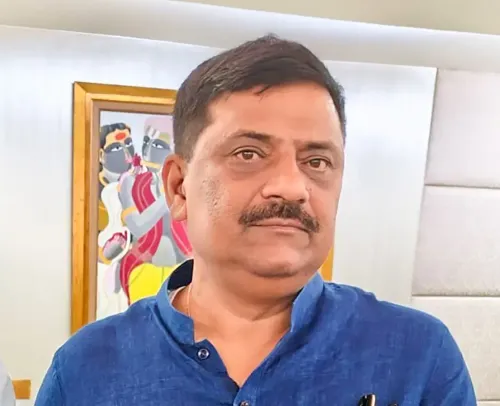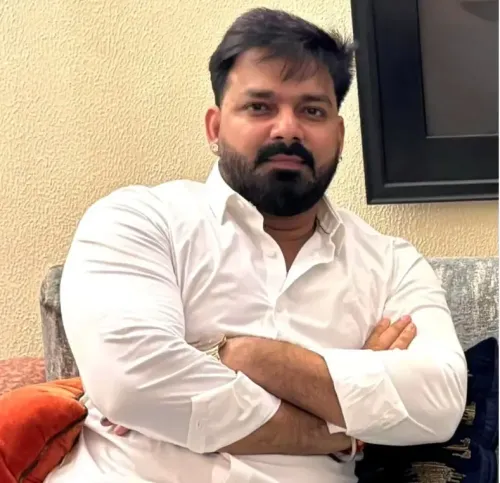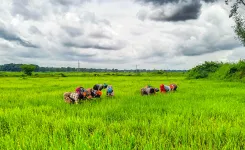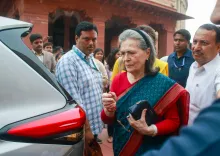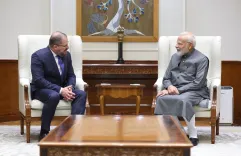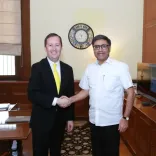How is CM Stalin Strengthening Local Democracy in TN?
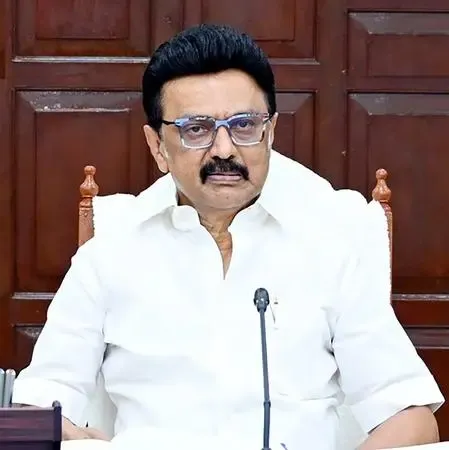
Synopsis
Key Takeaways
- 10,000 Gram Sabha meetings to enhance local governance.
- Focus on community participation in decision-making.
- Introduction of the 'Namathu Ur, Namathu Arasu' initiative.
- Significant role of digital infrastructure in governance.
- Various critical topics to be discussed, including poverty alleviation.
Chennai, Oct 11 (NationPress) In a groundbreaking effort to enhance local democracy, Tamil Nadu Chief Minister M. K. Stalin will on Saturday address 10,000 Gram Sabha meetings statewide via video conference, as stated by Gagandeep Singh Bedi, the Additional Chief Secretary of the Rural Development and Panchayat Raj Department.
This initiative is part of the state's commitment to fostering participatory and transparent local governance, with Gram Sabha meetings convened in all 12,480 village panchayats across Tamil Nadu.
Taking place six times each year, these assemblies provide villagers with a platform to express their needs, evaluate welfare programs, and strategize local development projects.
While the Chief Minister has previously participated in two Gram Sabha meetings physically, this marks the first occasion he will engage with such a vast audience simultaneously through digital means.
Bedi noted that the event also underscores Tamil Nadu's advancing digital infrastructure, with 11,100 panchayats now linked by fibre optic networks, and 10,000 confirming readiness for today’s interactive assembly. Following the Chief Minister's address, 16 agenda items will be deliberated upon, prioritizing three urgent local needs identified by residents.
Under the 'Namathu Ur, Namathu Arasu' (Our Town, Our Government) initiative, each panchayat will adopt a resolution to review and potentially modify socially inappropriate names of localities, streets, waterways, and public areas.
"The government's aim is not just to rename, but to ensure that such decisions are made with community involvement," Bedi remarked. If residents opt to keep existing names, they will remain unchanged. Once ratified, modifications will be formalized through a government gazette notification.
The meetings will also focus on identifying the most impoverished families eligible for poverty alleviation loans.
Women's self-help groups have already compiled preliminary lists via door-to-door surveys, which will be finalized during open discussions at the Gram Sabha.
Other agenda topics include rainwater harvesting, dengue prevention, and the eradication of child labor. Videos from 7,515 Gram Sabha meetings will be uploaded to the central government’s SubSIR website for documentation and monitoring.
During the session, villagers and panchayat presidents from locations such as Kovalam (Chengalpattu), Mullikkulam (Tenkasi), Varapatti (Coimbatore), Kondangi (Villupuram), and Thirumala Samudram (Thanjavur) will engage directly with the Chief Minister.

